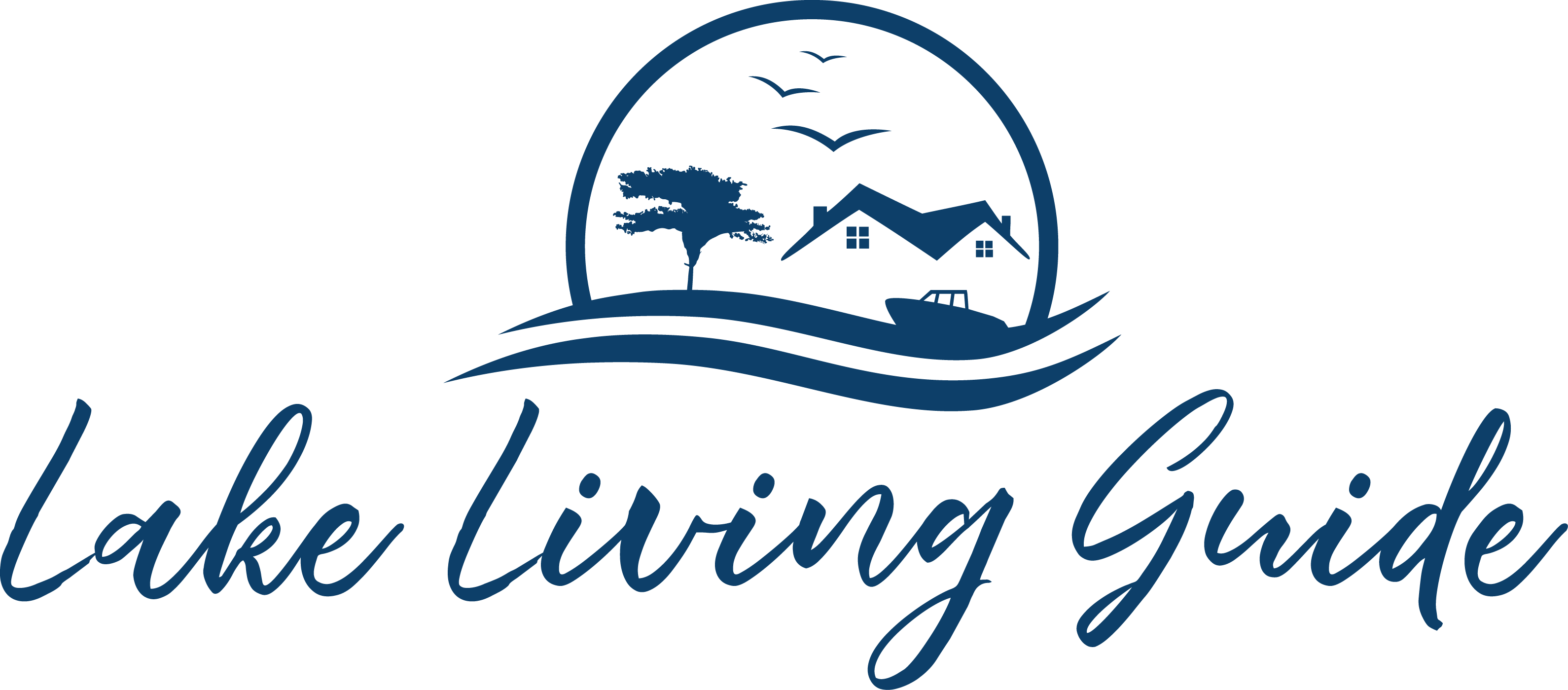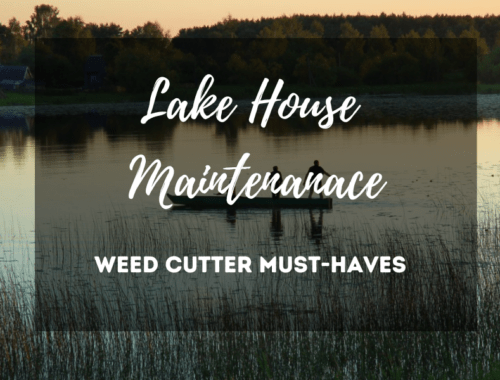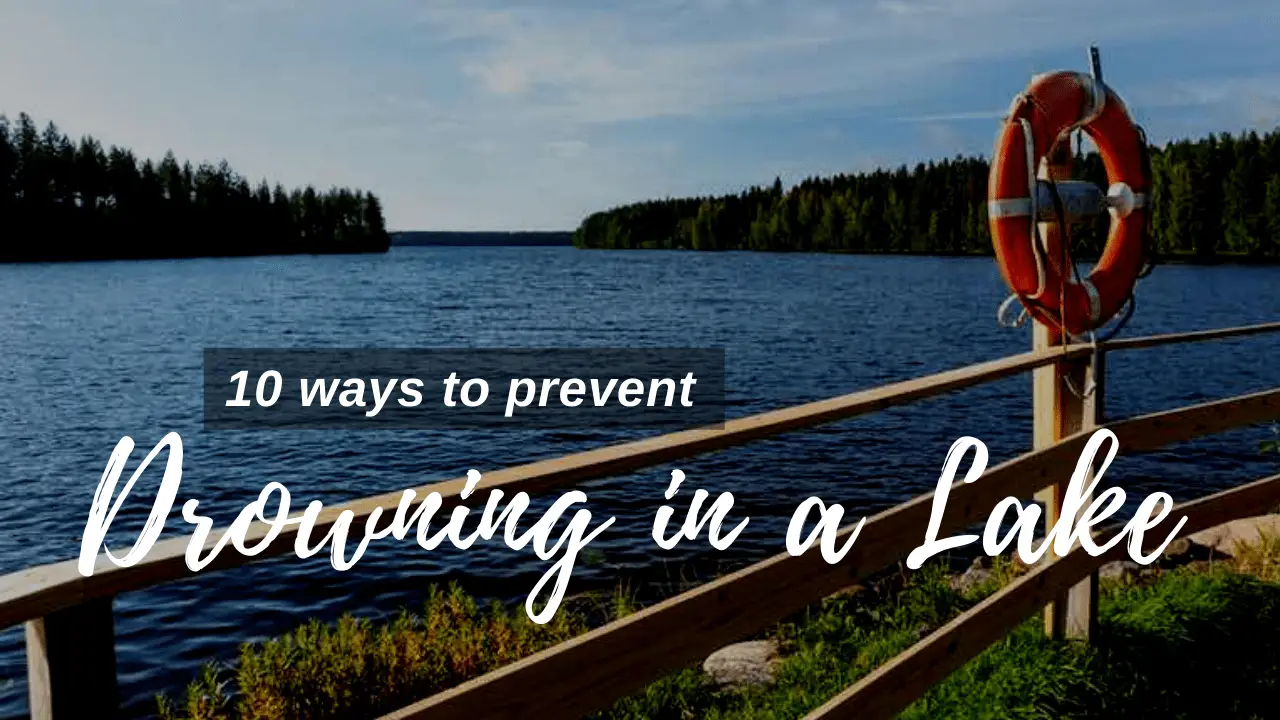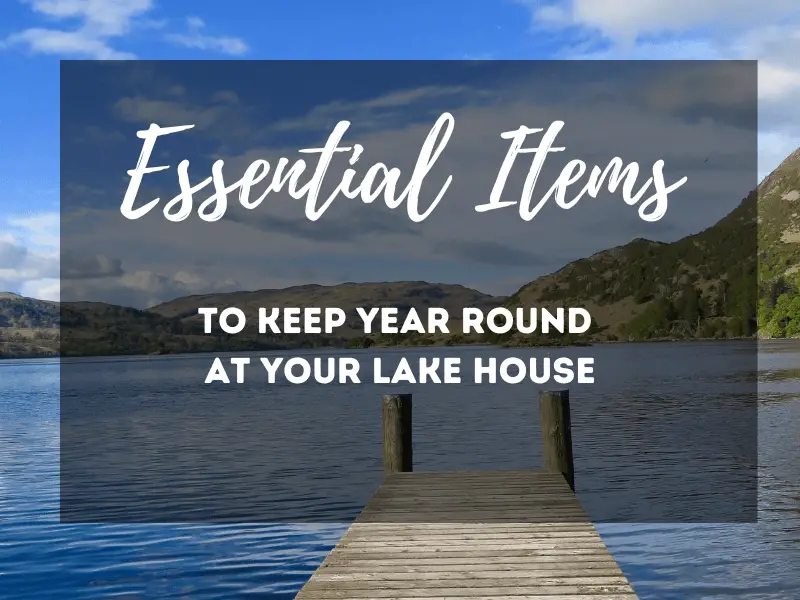
Essential Items to Keep Year Round At Your Lake House
Owning a lake house comes with the responsibility of being prepared for various emergencies that might arise, including natural disasters, power outages, medical incidents, and the like.
Heading to the lake house should be fun and relaxing, and it can be as long as you expect the unexpected.
Here’s a list of emergency essentials you should have year-round at your lake house:
Table of Contents
Have A Generator For Backup Power
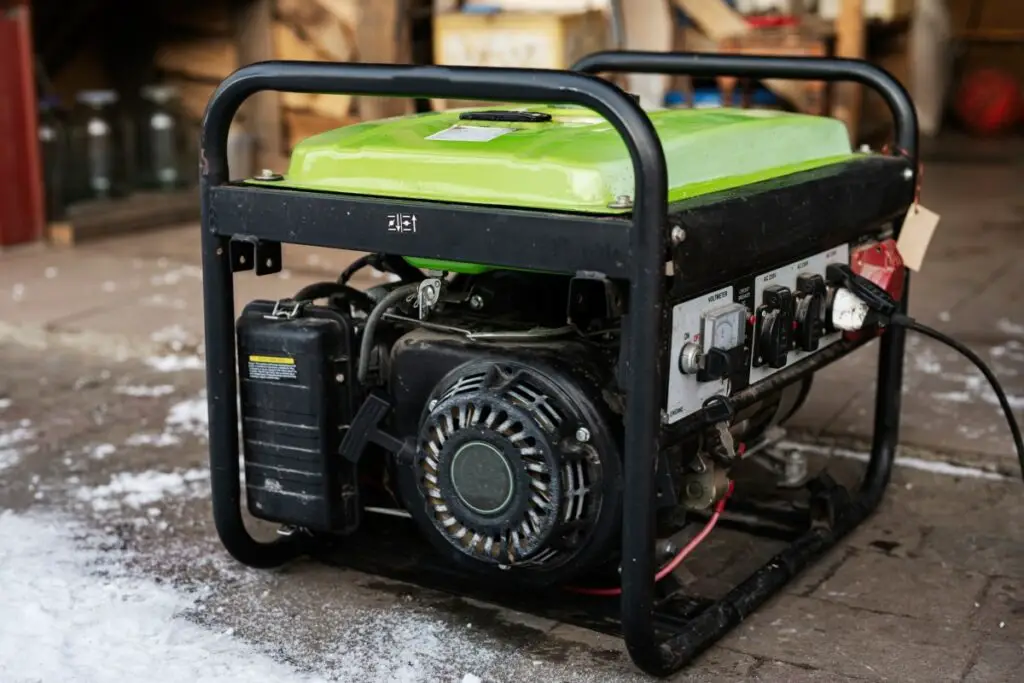
This may seem like a big expense, but if you shop carefully and watch for off-peak bargains, you should be able to find a generator that meets your basic needs without costing an arm and leg.
If you decide to take the plunge and get a whole house generator instead of a small gas-powered generator, it can increase the resale value of your property, as it’s seen as a valuable feature by potential buyers.
Here is how a generator can be a big benefit at your lake house:
Power Backup: Generators provide a reliable backup power source during electrical outages, ensuring you can continue to run essential appliances, lights, heating or cooling systems, and other devices, maintaining comfort and safety.
Emergency Preparedness: In case of natural disasters, severe weather, or other emergencies that disrupt the power grid, a generator can help you stay self-sufficient and minimize the impact on your daily life.
Health and Safety: If you rely on medical equipment that requires electricity or have family members with special needs, a generator can be a lifeline, ensuring their health and safety are maintained even during power outages.
Security: A powered-up security system can deter potential intruders and protect your property when you’re not there, especially during prolonged power failures.
Preventing Food Spoilage: A generator can keep refrigerators and freezers running, preventing food spoilage and saving you from potentially significant financial losses.
Communication: A generator can power communication devices such as radios, phones, and the internet, helping you stay connected and informed during emergencies.
Business and Work: If you use your lake house as a workspace or have a home office, a generator can ensure you can continue working even during power disruptions.
Comfort: A generator allows you to maintain a comfortable indoor environment by running heating or cooling systems, fans, and lighting.
Property Maintenance: During power outages, sump pumps and well systems might not work, potentially leading to flooding or water supply issues. A generator can prevent such problems.
Have A Sump Pump Alarm To Warn Of Rising Water Levels
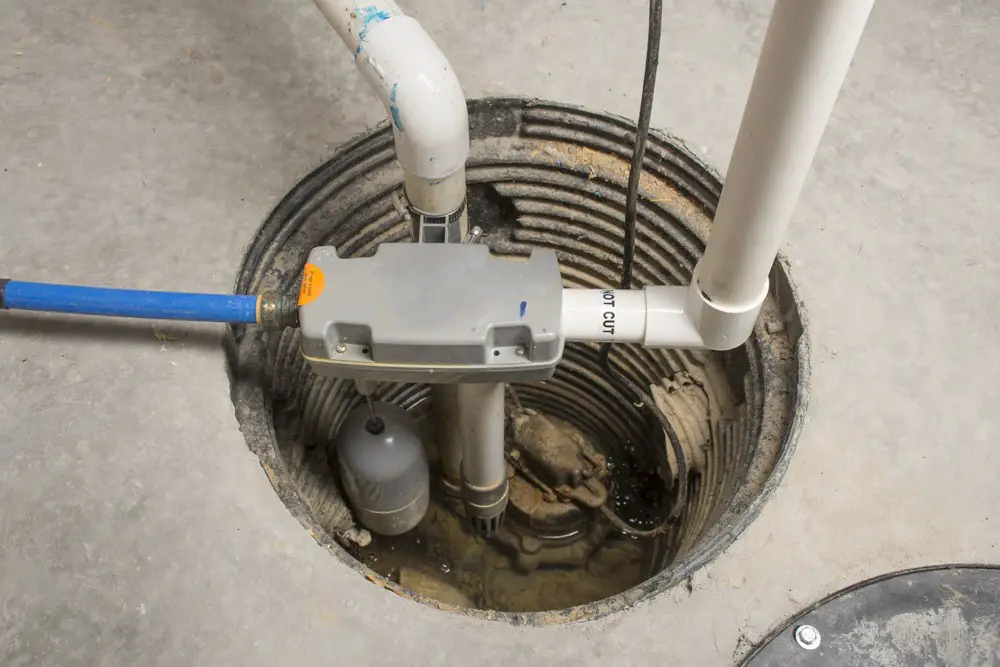
A sump pump alarm is a device that is used to provide an alert or notification when there is a potential issue with your sump pump system.
Any potential issues or reminders will be sent via text to your phone, so you will be notified no matter if you are out on the boat, or in another state.
Sump pump alarms serve as an additional layer of protection and can be quite useful for several reasons:
Early Warning: Sump pump alarms provide early warning when the water level in the sump pit rises to a certain level. This can indicate that the sump pump might be overwhelmed or malfunctioning, allowing you to address the issue before flooding occurs.
Pump Failure Detection: If the sump pump stops working or fails to activate when it should, the water level in the pit will rise. A sump pump alarm can quickly notify you of this failure, giving you a chance to fix the pump or replace it before water damage occurs.
Power Outage Alert: During power outages, your sump pump might not be able to function, leaving your basement vulnerable to flooding. Some sump pump alarms come with battery backup or can be connected to a backup power source, alerting you when the pump isn’t operational due to a power loss.
Maintenance Reminders: Sump pump alarms can be programmed to provide periodic reminders for maintenance tasks such as cleaning the pump, checking the float switch, and ensuring proper operation.
Remote Monitoring: Many modern sump pump alarms are equipped with remote monitoring capabilities. This means you can receive alerts on your smartphone or computer, allowing you to take action even when you’re not at your lake house.
Insurance Requirements: Some homeowners’ insurance policies may require the installation of certain safety devices, like sump pump alarms, in order to provide coverage for water-related damages.
Peace of Mind: Sump pump alarms offer peace of mind, especially if you live in an area prone to heavy rain, flooding, or if your property has a history of basement water issues. Knowing that you’ll be alerted to potential problems gives you greater confidence in the safety of your lake house.
Install A Keyless Entry System At Your Lake House
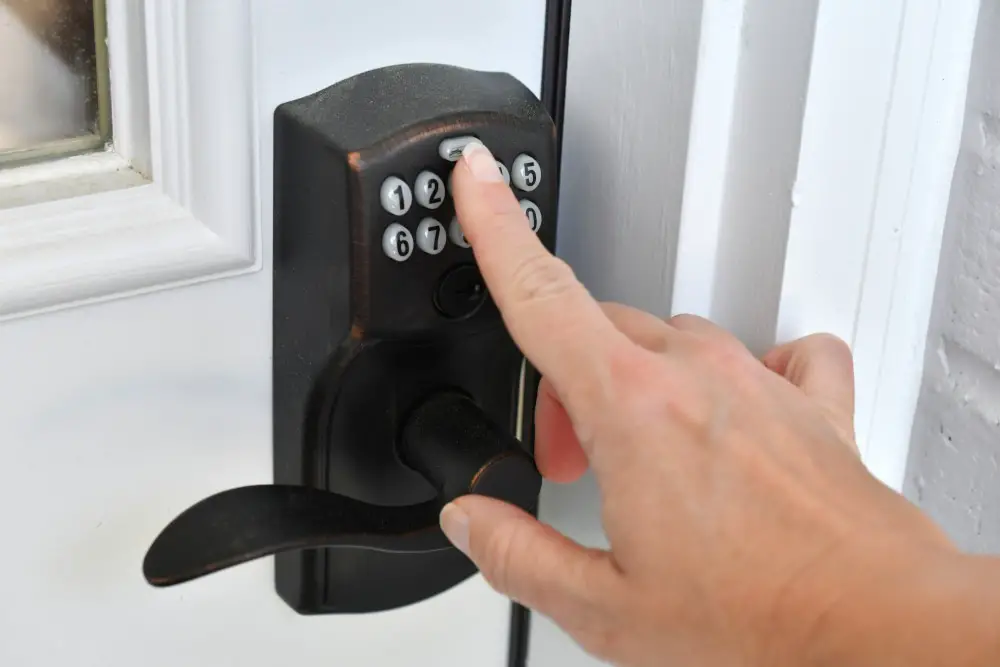
A keyless entry system is a security and convenience feature that allows you to access locked doors, gates, or vehicles without using a traditional physical key.
Instead of inserting a key into a lock, keyless entry systems use alternative methods of authentication, such as entering a numerical code, using a key fob, using a smartphone app, or even utilizing biometric identifiers like fingerprints.
Having a keyless entry makes it easy to allow service people and/or neighbors to gain access to your lake house when you aren’t there.
Keyless entry systems offer several advantages over traditional lock-and-key setups:
Convenience: Keyless entry allows you to unlock doors without fumbling for keys. This is particularly handy when your hands are full or in adverse weather conditions.
Enhanced Security: Keyless systems often use advanced encryption and authentication methods, making them more resistant to traditional lock-picking or key duplication.
No Need for Physical Keys: You don’t have to worry about carrying or losing physical keys. This reduces the risk of being locked out and the need to make copies.
Remote Access: Many keyless entry systems can be controlled remotely via smartphones or the internet, enabling you to grant access to guests or service providers when you’re not at home.
Customizable Access: Some systems allow you to set different access codes for various users, enabling temporary or one-time access, and enhancing security and control.
Log Tracking: Certain keyless entry systems log access activity, providing you with information about who entered and when which can be useful for security and accountability.
Easy Integration: Keyless systems can often be integrated into smart home ecosystems, allowing you to control locks alongside other home automation features.
Keyless Sharing: You can easily share access codes with family members, friends, or guests, eliminating the need to hand out physical keys.
List of Essential Items To Keep At Your Lake House
First Aid Kit: A well-stocked first aid kit is crucial. Make sure it includes bandages, antiseptic wipes, adhesive tape, scissors, tweezers, pain relievers, and any specific medications your family members might need.
Emergency Contact Information: Keep a list of important phone numbers, including local emergency services, neighbors, and family members, posted in a visible location.
Flashlights and Batteries: Have several high-quality flashlights on hand along with extra batteries. LED flashlights are energy-efficient and provide good illumination.
Battery-Powered or Hand-Crank Radio: A battery-powered or hand-crank emergency radio can help you stay informed about weather updates and emergency announcements.
Non-Perishable Food: Stock up on non-perishable food items like canned goods, dried fruits, nuts, energy bars, and other items that have a long shelf life and require minimal preparation.
Keep items, like dried fruits, nuts, etc in glass containers. They will stay fresh longer, and, just in case of mice, your items won’t be damaged.
Bottled Water: Have a sufficient supply of bottled water to last several days in case of water supply disruptions.
Basic Tools: Keep a set of basic tools such as a multi-tool, wrench, pliers, screwdrivers, and a hammer for minor repairs.
Fire Extinguisher: Have a fire extinguisher that’s appropriate for different types of fires and know how to use it.
Chargers and Power Banks: Have additional chargers for your electronic devices and power banks to keep at your lake house, so these essential items are not forgotten on the way to, or the way from the lake.
Firewood and Matches/Lighters: If you have a fireplace or outdoor fire pit, having firewood and a means to start a fire is important. You can use both for warmth and for cooking.
Important Documents: Keep copies of important documents like insurance policies, identification, and medical records in a waterproof container.
Cash: Have some cash on hand in case ATMs are not accessible during emergencies.
Whistles: Whistles can be a useful tool to signal for help in case you’re in a remote area, and they can be heard from a distance.
Maps: If your lake house is in a rural or less populated area, having maps of the local area can be valuable if GPS or navigation systems fail.
Pet Supplies: If you have pets, ensure you have enough food, water, medications, and other supplies for them. Keep extra carriers or crates at your lake house, as there may be times in an emergency when your pet will need to be crated for their protection.
Mosquito Repellent and Sunscreen: Depending on the location and season, these items can be essential for comfort and safety.
Rain Gear and Boots: Proper rain gear and waterproof boots can be essential in case of heavy rain or flooding.
Final Thoughts
Remember to periodically check and update your emergency supplies to ensure they are in good condition and not expired. Tailor your emergency kit to the specific risks of the location of your lake house and the needs of your family members.
